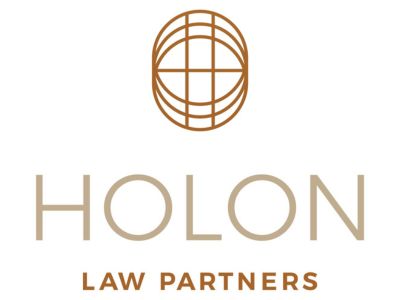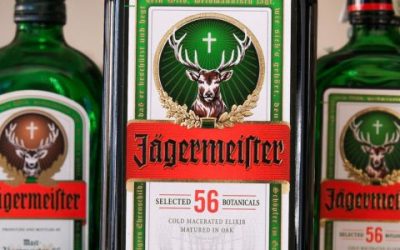From an early age, I have been captivated by superhero stories. From Spider-Man to Superman, these characters inspired me to dream of becoming a superhero myself. As a lifelong fan, I was shocked to discover that the term ‘superheroes’ was trademarked. As a trademark attorney, I understand that trademarks are designed to identify the source of goods or services and prevent consumer confusion. This leads to a critical question: how did two major comic companies, DC and Marvel, manage to trademark the word SUPERHEROES? This inquiry is central to the Superbabies Limited v. Marvel Characters, Inc. and DC Comics case currently before the United States Patent and Trademark Office (USPTO).
Superbabies Limited, a London-based comic company, has created a series featuring ‘superbaby’ heroes and sells related products in the US through platforms like Amazon and Barnes & Noble. They seek to use ‘superhero’ and its variations for marketing, yet they face opposition from Marvel and DC, known for aggressively defending their trademarks related to ‘superhero.’ These companies have filed over three dozen oppositions against other applicants using similar marks, often resulting in the abandonment of those marks. DC recently opposed Superbabies’ use of ‘superhero,’ claiming it could cause confusion with its own SUPER trademarks, such as SUPERMAN and SUPERGIRL.
In response to DC’s opposition, Superbabies filed a cancellation of the SUPERHERO(ES) trademarks, arguing that Marvel and DC are unfairly monopolizing the term. Superbabies likened the companies’ actions to comic villains like the Joker and Dr Doom, asserting that superhero terms should be available to all creators.
DC and Marvel hold four significant trademarks for SUPERHERO(ES) that were registered in the 1980s, covering comic books, toys, T-shirts, and costumes. The crux of Superbabies’ argument is that ‘superhero’ is a genre that cannot be owned by a single entity; it is a category that describes a type of character, not a source of goods. For instance, Invincible Comics openly advertises its work as ‘The Best Superhero Book in the Universe!’ Retailers like Netflix categorize products under ‘superhero,’ just as they do for genres like sci-fi and fantasy. Furthermore, Marvel’s Generic Comic Book defines ‘Super-Hero’ as a type of character, reinforcing the idea that ‘superhero’ is a generic term.
Another key point in the argument is that competitors cannot jointly own a trademark. Evidence presented shows that DC and Marvel are rivals, and under the Lanham Act, two competing companies cannot claim exclusive rights over a single mark. Superbabies contended that by jointly owning the SUPERHERO trademarks, both companies have effectively allowed their largest competitor to use the same terms, undermining their ability to claim exclusivity. Superbabies noted that neither company has used these marks as exclusive indicators of origin for decades, which could constitute abandonment under trademark law.
The potential cancellation of the SUPERHERO trademarks is reminiscent of the legal battle over the TACO TUESDAY mark, which opened the door for broader market participation. If the trademark is canceled, it would allow more creators to use ‘superheroes’ in their marketing, promoting diversity and competition in the industry. However, the fight is not over; DC’s opposition against Superbabies’ other SUPER-based marks is still pending.
In conclusion, while the trademark for SUPERHEROES may soon be free for public use, this case highlights the tension between trademark protection and the need for open access to language in creative fields. It represents a victory for those advocating for fair use of iconic terms, fostering a more inclusive environment for creativity in superhero narratives. As the situation develops, we can only hope for a resolution that balances the interests of trademark holders with the rights of creators.

Written by Daphne Benford-Smith
Counsel, Holon Law Partners
You may also like…
UEFA partners with Alliance for Creativity and Entertainment to enhance global anti-piracy strategy
October 21, 2025 - The Union of European Football Associations (UEFA) has officially joined the Alliance for...
EUIPO and UANIPIO welcome the integration of Ukraine’s trademarks into TMview
The European Union Intellectual Property Office (EUIPO) and the Ukrainian National Office for Intellectual Property...
Jägermeister succeeds in opposing the EU trademark application Alten Kräuterfrau for alcoholic beverages
Mast-Jägermeister SE filed an opposition on the grounds of Article 8(1)(b) – likelihood of confusion between the signs...
Contact us to write for out Newsletter














